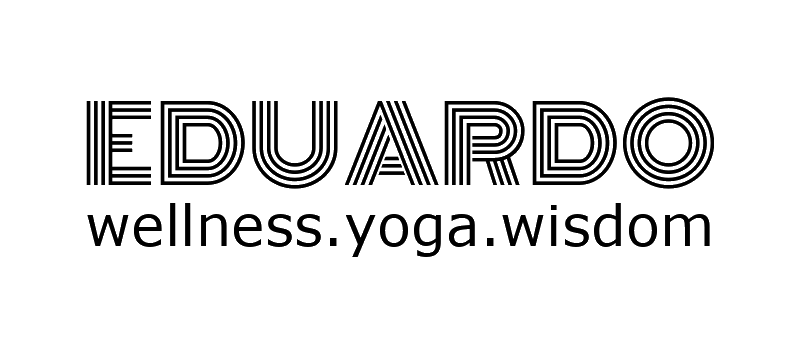We all wonder why we are attracted to certain stories, certain people and certain patterns. This human inquisitiveness - regardless of culture, race or religious - about our own behavior, tendencies and thoughts drives us to create and to study guiding methods. Archetype analysis is one those methods.
I think of archetypes as our energy companions. You know these archetypes very well, they are the characters you love or despise in fiction or real life. Since studying Joseph Campbell's work, this type of pattern analysis has resonated with me, and coupled with Yoga it has made a huge impact in how I use my intuition. Archetypes are our stories in the quest for bliss. According to Carolyn Myss, my go-to Archetype guru, 'we are continually scanning our world for patterns, particularly in people, because we know intuitively that if we understand someone’s behavior patterns we understand how she relates to herself, to her life, and to us. We understand a person better, for instance, if we know that she is essentially an Intellectual; that explains, for example, why she loves foreign films and biographies of great historic figures.' Ms. Myss calls Archetypes "the language of our soul."
Each one of us have archetypes idiosyncratic to our patterns of behavior. These archetypes allow us to connect intuitively and on a deeper level to ourselves and to others. Ms. Myss suggests that 'once we engage and begin to honor the language and patterns of our archetypes, a transformation begins not overnight but over time' (patience people, patience!). She insists that by listening to our Archetypes we can step into our purpose, into a life more balanced, and friendships and relationships that fit with more ease and less effort.
How do you get started? Well there are tones of classical-psychology books on this subject, but If you want a fun way to ease yourself into this study, visit Archetypes.com and take their quiz. You can watch the video below to see if this is for you.
Warning! (don't resist warnings please, all tools come with them) when you embrace the language of archetypes you will immediately begin to notice patterns of synchronicity and coincidence appearing on a regular basis and sometimes dramatically so.
Share your quiz results with me, I'll share mine.
-
I just posted in my blog Rejuvenating Drink (Almond Rose Oja Drink) https://t.co/V1mhgQDaN6
-
I just posted in my blog Is your TECH Neck causing havoc in your life? https://t.co/Ji61rtzJex
-
I just posted in my blog The Deal with Low Back and Sciatica https://t.co/g0KsPdmyYr
-
[CORRECTION] - Roll+Restore @Abhaya October 26, 2019 - https://t.co/DN4MfXqndm
-
End Low Back Pain - Roll+Restore @Abhaya October 26, 2019 - https://t.co/NIECbCfuHl






